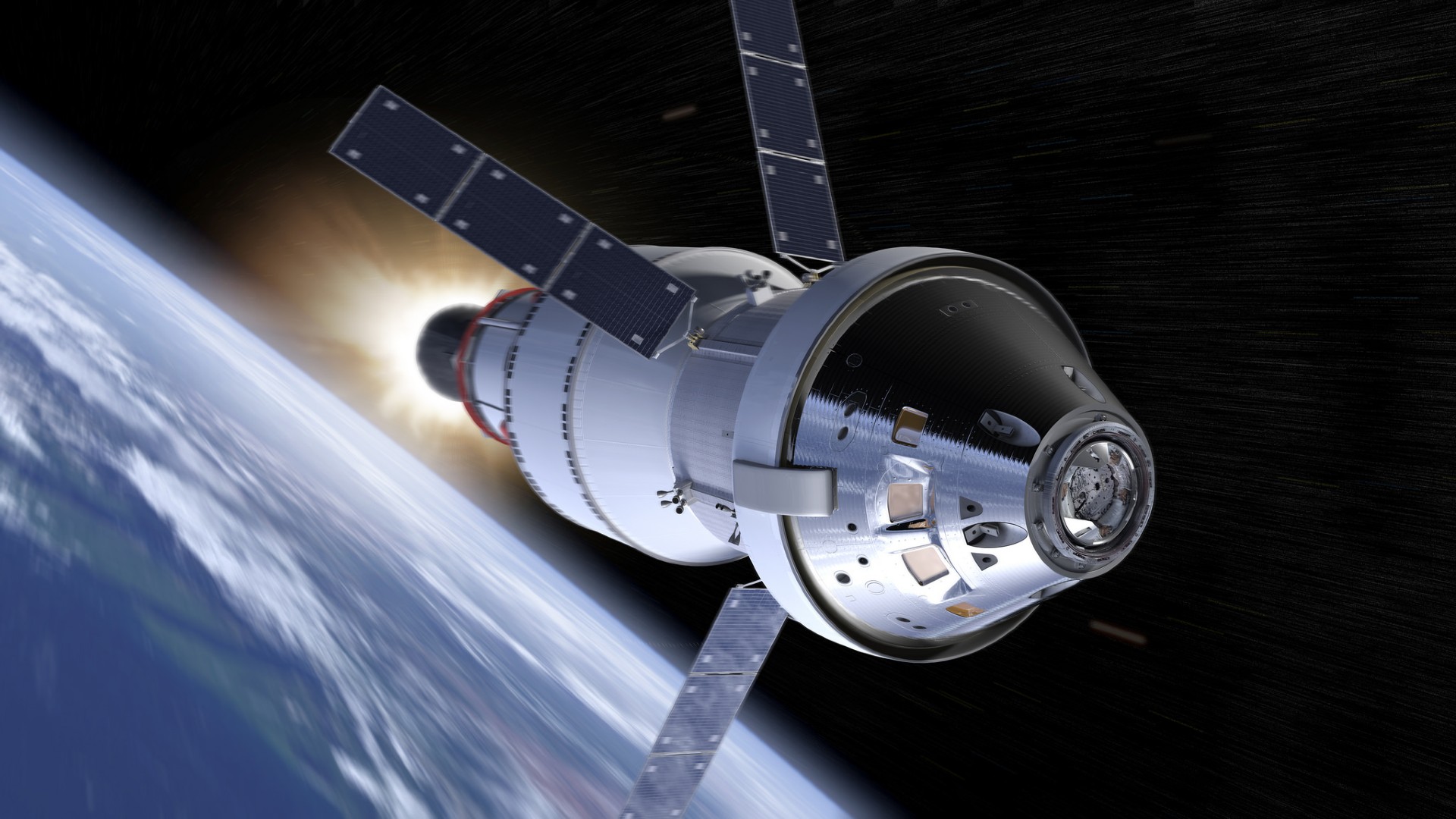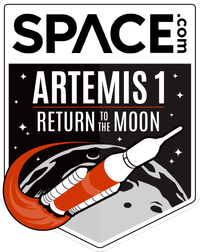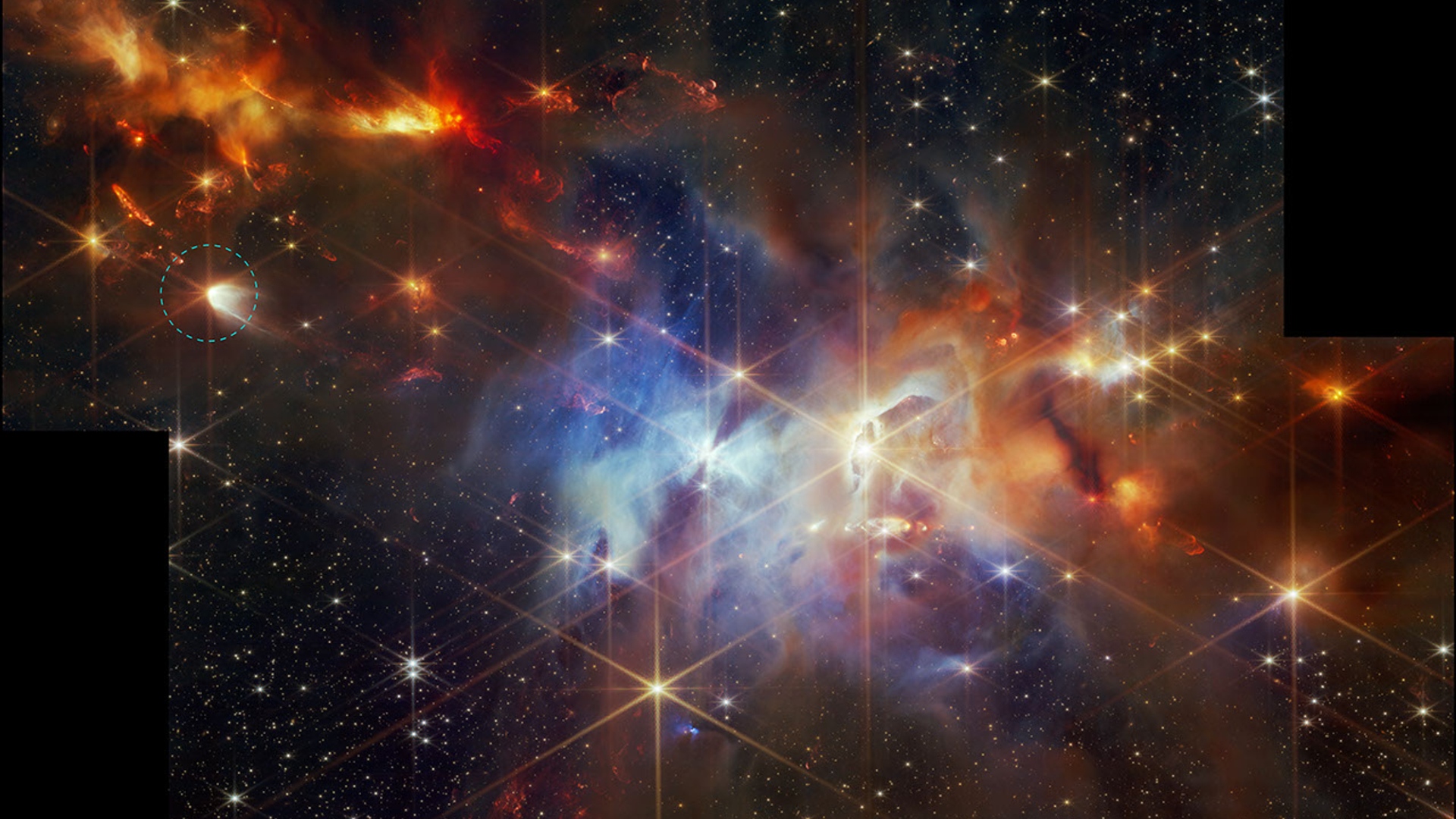Amateur radio operators and more will track NASA's Artemis 1 moon mission
A lot of eyes will be on the epic Artemis 1 mission.


Amateur radio operators will join a powerful international network tracking NASA's Orion spacecraft after it launches toward the moon this month.
NASA officials announced that a network of 18 volunteers, organizations and space agencies will assist with tracking Artemis 1, which will send an uncrewed Orion spacecraft to orbit around the moon after blasting off from Earth atop a Space Launch System (SLS) rocket. Launch is set for no earlier than Nov. 14.
The selected volunteers, including two individuals in the amateur radio community, will "demonstrate whether they can receive Orion's signal, and use their respective ground antennas to passively track and measure changes in the radio waves transmitted by Orion," NASA officials said in a statement on Monday (Oct. 31).
"These measurements will be made during three distinct phases of Orion’s approximately 25-day mission: the journey to the moon, its orbit above the lunar surface and the journey back to Earth," agency officials added.
Related: NASA's Artemis 1 moon mission explained in photos
NASA collected the proposals in a Request for Information released in August. Data the participants pick up will be sent to the agency's Space Communications and Navigation (SCaN) program. The goal is to improve tracking information for future deep-space missions, NASA officials stated. (NASA will also gather its own tracking data on Orion.)
"We received dozens of calls from antenna owners and operators around the world asking, 'How can we get involved?'" John Hudiburg, SCaN's mission commitment manager, said in the statement. "This was our answer: Show us what you can do while supporting the next big thing in human space exploration."
Breaking space news, the latest updates on rocket launches, skywatching events and more!
Participating government space agencies include:
- Canadian Space Agency, Canada
- Centre National d'Etudes Spatiales (CNES), France
- German Aerospace Center (Deutsches Zentrum für Luft- und Raumfahrt), Germany
- Korea Aerospace Research Institute (KARI), Republic of Korea
- National Space Centre, Elfordstown Earthstation, Ireland
Commercial companies include:
- Clearbox Systems Pty Ltd., Australia
- Goonhilly Earth Station Ltd., United Kingdom
- Intuitive Machines, U.S.
- Kongsberg Satellite Services (U.S. office)
- Leaf Space LLC, U.S.
- Swedish Space Corporation (U.S. office)
- Telespazio, Italy
- Vambrace Inc., U.S.
- Viasat, U.S.
The other volunteer groups or individuals are:
- Non-profit: CAMRAS, Netherlands
- Academic institutions: Space Systems Design Laboratory, Georgia Tech Research Institute, U.S.
- Private citizens: Scott Chapman, U.S. and Scott Tilley, Canada
Elizabeth Howell is the co-author of "Why Am I Taller?" (ECW Press, 2022; with Canadian astronaut Dave Williams), a book about space medicine. Follow her on Twitter @howellspace. Follow us on Twitter @Spacedotcom or Facebook.

Elizabeth Howell (she/her), Ph.D., was a staff writer in the spaceflight channel between 2022 and 2024 specializing in Canadian space news. She was contributing writer for Space.com for 10 years from 2012 to 2024. Elizabeth's reporting includes multiple exclusives with the White House, leading world coverage about a lost-and-found space tomato on the International Space Station, witnessing five human spaceflight launches on two continents, flying parabolic, working inside a spacesuit, and participating in a simulated Mars mission. Her latest book, "Why Am I Taller?" (ECW Press, 2022) is co-written with astronaut Dave Williams.
